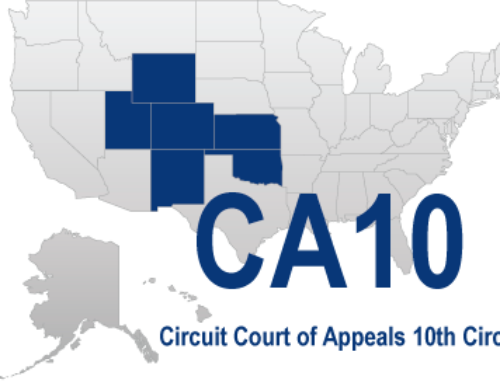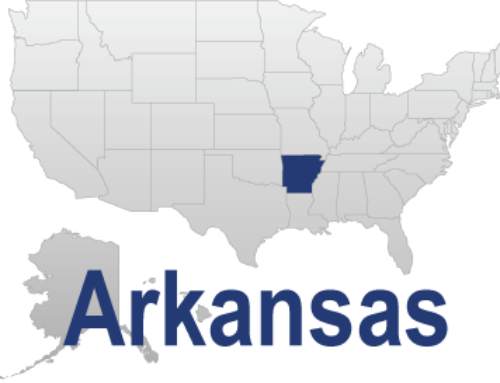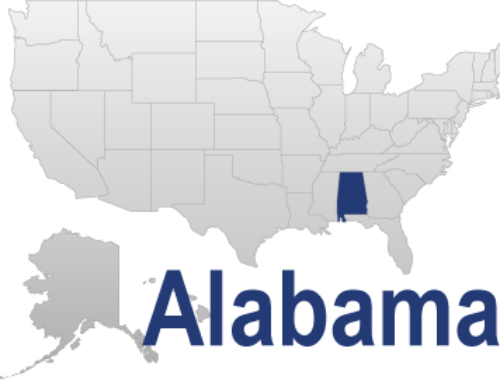Commonwealth v. Mitchell, 2020 Ky. LEXIS 394 (Oct. 29, 2020)
AFFIRMING IN PART, REVERSING IN PART,AND REMANDING
We outlined in Davis v. Commonwealth our test for when officers impermissibly extend stops. In Davis we stated, “[t]here is no ‘de minimis exception’ to the rule that a traffic stop cannot be prolonged for reasons unrelated to the purpose of the stop.” A stop is unreasonably extended when the “tasks tied to the traffic infraction are –or reasonably should have been –completed…” In Smith v. Commonwealth, a canine officer, at the request of police detectives who had been surveilling Smith, initiated a traffic stop of Smith for failure to signal. The canine officer found Smith to be cooperative, but nervous. The officer then immediately led his dog on a sniff search of Smith’s car which resulted in the discovery of seven grams of cocaine. The entire incident from stop to arrest was seven minutes, but the trial court found the use of the dog impermissibly extended the stop without reasonable cause. The Court of Appeals affirmed the trial court.
The permissible duration of a stop is a fluid and fact dependent analysis. That is to say, during a stop, police officers are not on a clock. Officers neither get bonus time to pursue other investigative tracks by completing a citation quickly, nor is an inexperienced officer forced to meet an arbitrary benchmark that is unreasonable given his or her background. The test is what officers do at the scene.26As long as the officers are diligently working to complete the purpose of the initial stop, a stop is not impermissibly extended merely because one stop is marginally longer than another. In this case, the Court of Appeals correctly stated that it was “unrefuted that the officers deferred the completion of the stop beyond its original purpose to discuss and then request a canine search.” There is no de minimis or “reasonableness” exception to Davis or Rodriguez for delays attributed to actions unrelated to the purpose of the stop. This opinion should not be read to say that officers may not confer as to the proper method of processing a stop. When such a discussion is related to the original purpose of the stop, then no impermissible delay occurs. If discussions are unrelated to the original purpose of the stop, officers may still have such conferences if the officers continue to exercise reasonable diligence in completing the purpose of the initial stop. When it comes to pursuing unrelated investigative issues, officers must be able to do so while simultaneously completing the purpose of the stop. For this reason, we affirm the Court of Appeals’ holding that the discussion regarding summoning the canine unit impermissibly delayed completion of the stop.
For the aforementioned reasons we affirm the Court of Appeals’ holding that the stop was impermissibly extended but reverse its holding that he Commonwealth’s argument that officers had independent reasonable suspicion was precluded. However, because the trial court did not make findings of fact or conclusions of law regarding the officers’ reasonable suspicion, we remand to the trial court for further proceedings consistent with this Opinion. All sitting. All concur.




